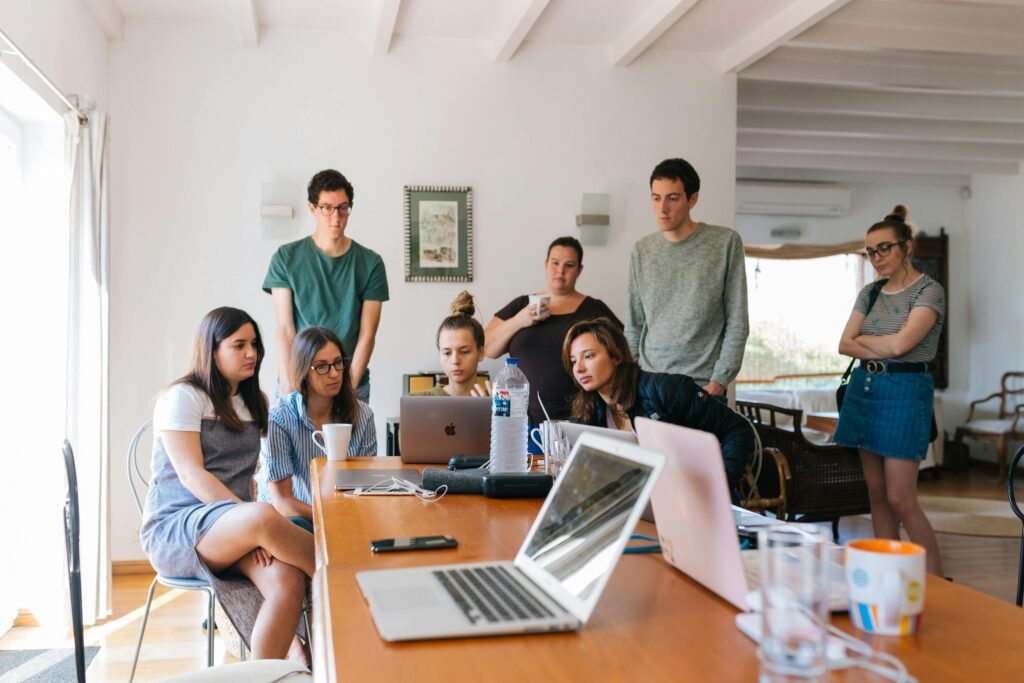The ‘Up-and-Running’ Research Group
Once an assistant professor successfully guides their first batch of PhD students to completion, they’re often promoted to associate professor. By this stage, the professor has made a noticeable impact on their field, which usually makes it easier to secure grant money and expand the research group. The hard work of the initial PhD students begins to bear fruit, leading to a more established and resourceful research environment.

If you’re part of this second generation of PhD students, you might find the environment more supportive and better equipped compared to the early days. However, this doesn’t necessarily mean that research will be easier. As your advisor’s career progresses, they often take on more responsibilities outside of the lab, such as giving lectures, attending conferences, and serving on committees. This shift can mean they have less time to spend on the day-to-day activities of their research group.

As a result, your interactions with your thesis advisor may become less frequent. This is a natural part of the transition as the group grows. While this reduced contact might feel challenging, it’s also an opportunity for you to develop the ability to work more independently—an essential skill for your future career. To make the most of the time you do have with your advisor, consider scheduling regular meetings to discuss your progress. This may feel different from the spontaneous interactions typical of a start-up group, but it’s important to adapt to this new dynamic.

In a larger group, your relationships with fellow PhD students become increasingly important. You’ll likely rely more on your peers for guidance and support, especially those who are further along in their studies. These senior students can offer invaluable advice and help you get your research project off the ground—if they have the time and willingness to assist. It’s crucial to communicate openly about your needs, and in return, you might offer to help them wrap up any remaining experiments or tasks they have for their thesis.

In an ‘up-and-running’ group, the environment may seem more established and professional, but the dynamics shift as the professor’s focus broadens. By being proactive in managing your relationship with your advisor and collaborating effectively with your peers, you can navigate these changes and continue to thrive in your research journey.
Hope it was insightful. Stay tuned for further parts……